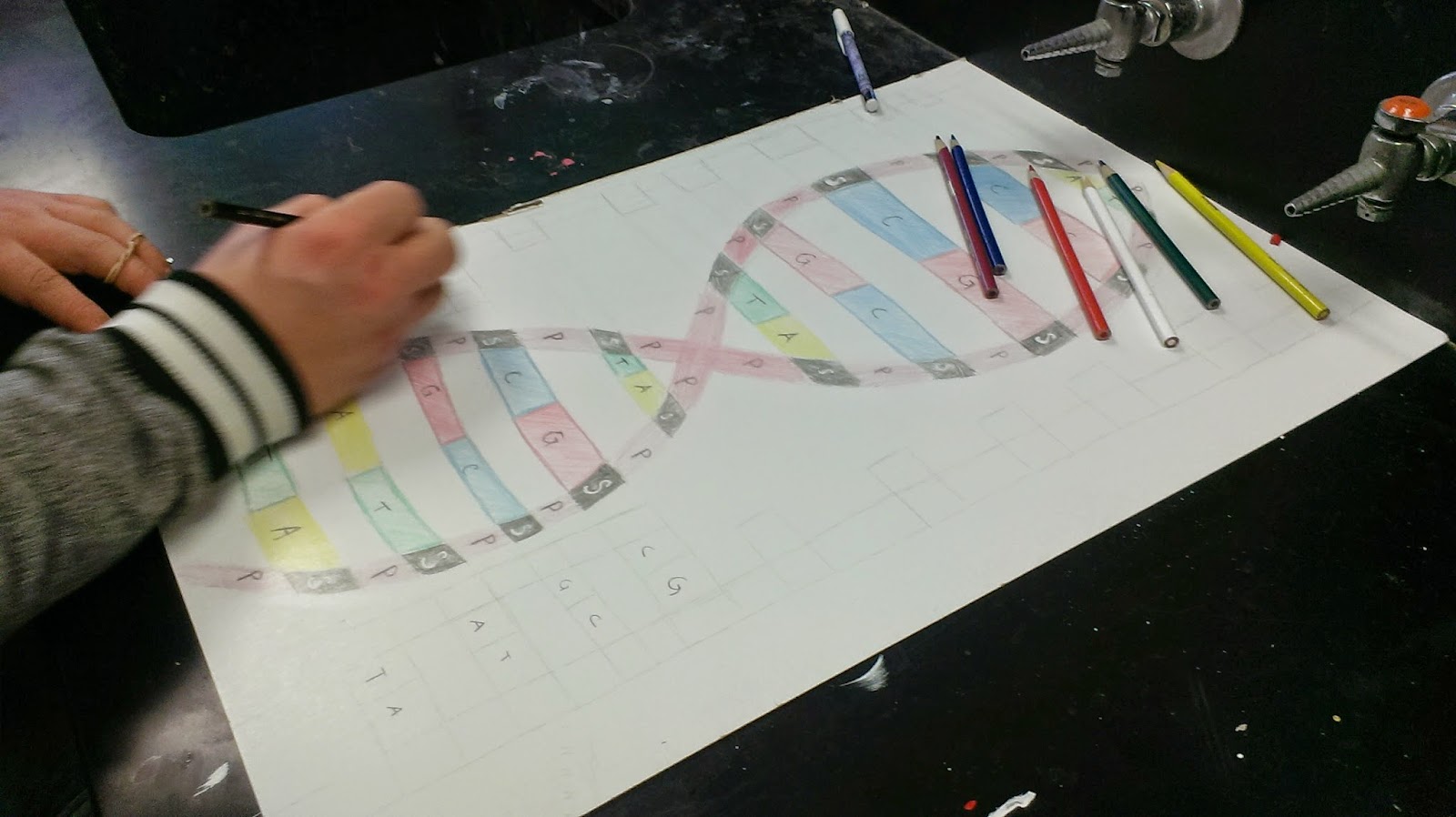 |
| The outdated "planetary model" of the atom |
“This is how concreteness helps us understand—it helps us construct higher, more abstract insights on the building blocks of our existing knowledge and perceptions. Abstraction demands some concrete foundation. Trying to teach an abstract principle without concrete foundations is like trying to start a house by building a roof in the air.” ― Chip Heath, Made to Stick: Why Some Ideas Survive and Others Die
I've been a science teacher for 14 years, but I never really understood this before. Sure, I've always tried to use analogies, demonstrations, and to simplify things as much as I could, but I never really got the reason why. I guess I just always thought about it as simply making it easier to understand.
I never understood that it's about schema--those patterns of memories in our minds that form our understanding--the patterns we tap into when we try to make sense of the world.
I'm glad I usually tried to do it anyway, but I also know there have been many times I didn't. The agony of my chemistry students at times can attest to this. I think of how I assumed they should be able to grasp abstract concepts like atoms and elements and electron clouds and mole ratios without building these on top of some concrete schema they already have in their heads.
 |
| The real shape of electron "orbitals" |
Chip and Dan Heath, the authors of Made to Stick, point out that we're often scared of oversimplifying. But if we let this stop us from making it more concrete, we value accuracy above learning.
They actually use the example of the planetary model of the atom--the one many of us learned at one time, the one with electrons orbiting the nucleus like planets around the sun. Of course, it's dead wrong. Electrons are much more mysterious than that (they're more like patterns of waves with no definite trajectory).
But that's how I learned it. And that model made a connection with my existing schema of motion and physics--it put a picture in my head. And as I studied further, I was able to revise it. The initial, oversimplified model did not poison me for life. In fact, it was an essential stepping stone.
(Wow. It occurs to me now as I type this: This is the story of my life: A series of revisions, like stepping stones, each closer (I hope) to the truth.)















.png)




.png)
